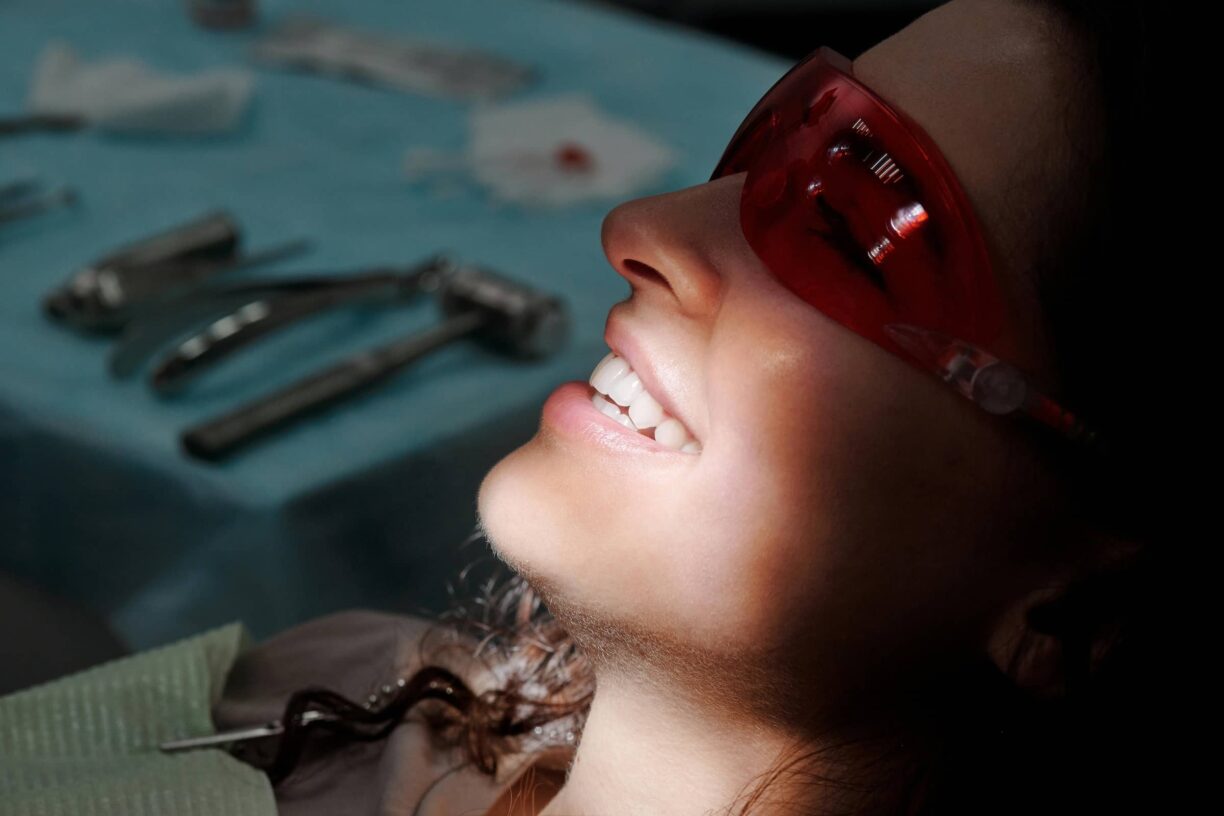History suggests that cosmetic surgery procedures have been in existence for centuries.
The types of plastic surgery and augmentation procedures we see today were being performed by surgeons as early as the 1800s, but with the development of new technologies, materials and approaches, cosmetic surgery has seen a significant growth in popularity in recent years.
In today’s society, thousands of Brits have made cosmetic procedures such as dermal fillers and botox a regular part of their lives, with many undergoing treatments as often as every two to three months.
Cosmetic surgery has also exploded in popularity, with the number of surgical augmentations, reductions and adjustments for aesthetic purposes increasing every year.
However, the lockdown brought about by Covid-19 represents for many people the longest period of time spent without any enhancements, as social distancing measures prevent clients from accessing their treatments.
This pause has led many industry experts to turn their attention forward and focus on what may be the next step in the development of cosmetic surgery.
Now, Reece Tomlinson, CEO of Uvence, discusses the future of treatments and explores what the future of cosmetic surgery and beauty treatments may hold:
“Our research indicates that the demand for cosmetic surgery will continue to grow, as we have observed a considerable increase in popularity in recent years.
Two key components in the development of cosmetic surgery are to make the procedures less invasive and more affordable, and the recent boom in popularity of treatments such as dermal fillers, micro-liposuction and facelifts are all examples of procedures which are relatively minor in terms of recovery time and cost.
There are a huge number of really exciting innovations just around the corner both in rejuvenating medicine and beauty treatments.
We may see in the next few years the ability to remove or reduce the appearance of scar tissue, burns and other skin issues.
Most treatments in the market currently make use of chemicals of other foreign bodies to improve the appearance of features but we see innovation overtaking this as more people look to reduce the amount of unnatural products in their treatments.
This pause for the industry is likely to make many surgeons and firms take stock of what they are currently doing and the kind of treatments they are going to offer in five, ten, fifteen years.
Now is a pivotal but incredibly exciting time for the industry.”
Find out more from Uvence here:





